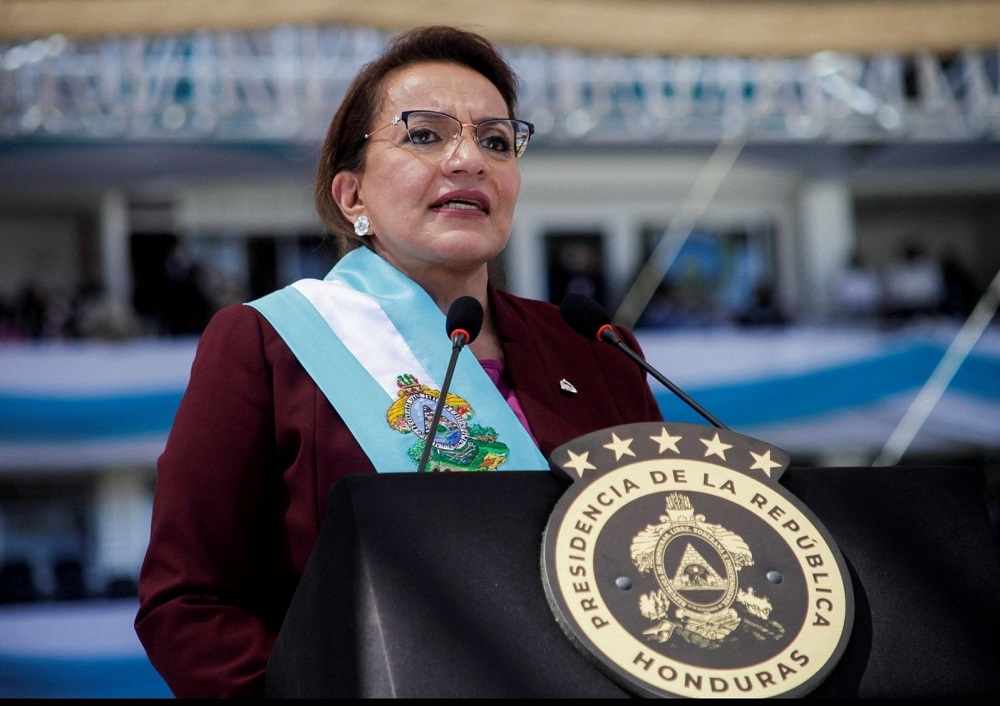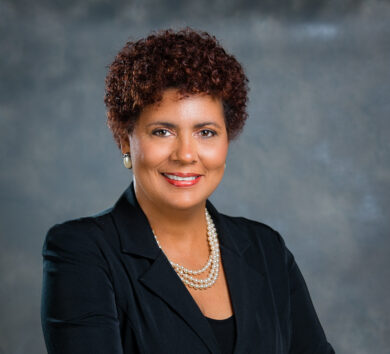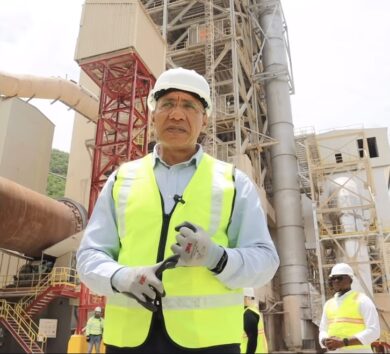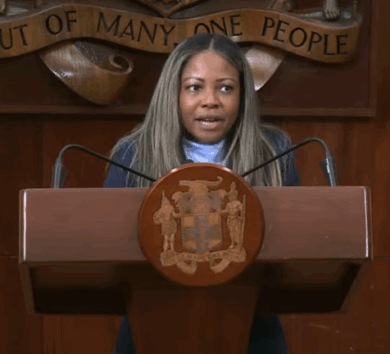
President, Xiomara Castro fulfills election promise

New Honduran President Xiomara Castro held true to her election promise and has discontinued self-governing economic zones in the country.
She has repealed a decades-old law designed to attract foreign investment through special self-governing zones. The zones (known as ZEDEs in Spanish) are where private investors or business groups are exempt from paying duties on imports and exports.
The law also allowed investors to govern themselves by forming a security force, building schools and even social security systems.

Castro had promised to repeal the law during her election campaign, saying the legal measure would lead to the creation of independent states within the Central American country.
The ZEDE scheme was passed by the previous administration led by Juan Orlando Hernández, who is currently in a US jail, having been charged with drug trafficking.
Historic move to discontinue ZEDEs
Describing the move as “historic”, the newly installed Honduran commander-in-chief said the revocation was a necessary step to help her country retain sovereignty.
Several ZEDEs have come into existence in Honduras since 2013, when the law was passed.
Ciudad Morazan, in the city of Choloma, Prospera, on the north coast and Orquidea, in the southern department of Choluteca, are a few examples of self-governing ZEDES.
NEW ECONOMIC REGIMES
While the news is good for some for others it spells disaster as the revocation has left the operations of hundreds of foreign companies in limbo.
However, recognising the situation, the new administration is urging these firms to “submit themselves to new economic regimes”.
Duty-free special economic zones are not new to Latin America, but this law openly allowed foreign firms to build semi-autonomous corporate zones.







Comments